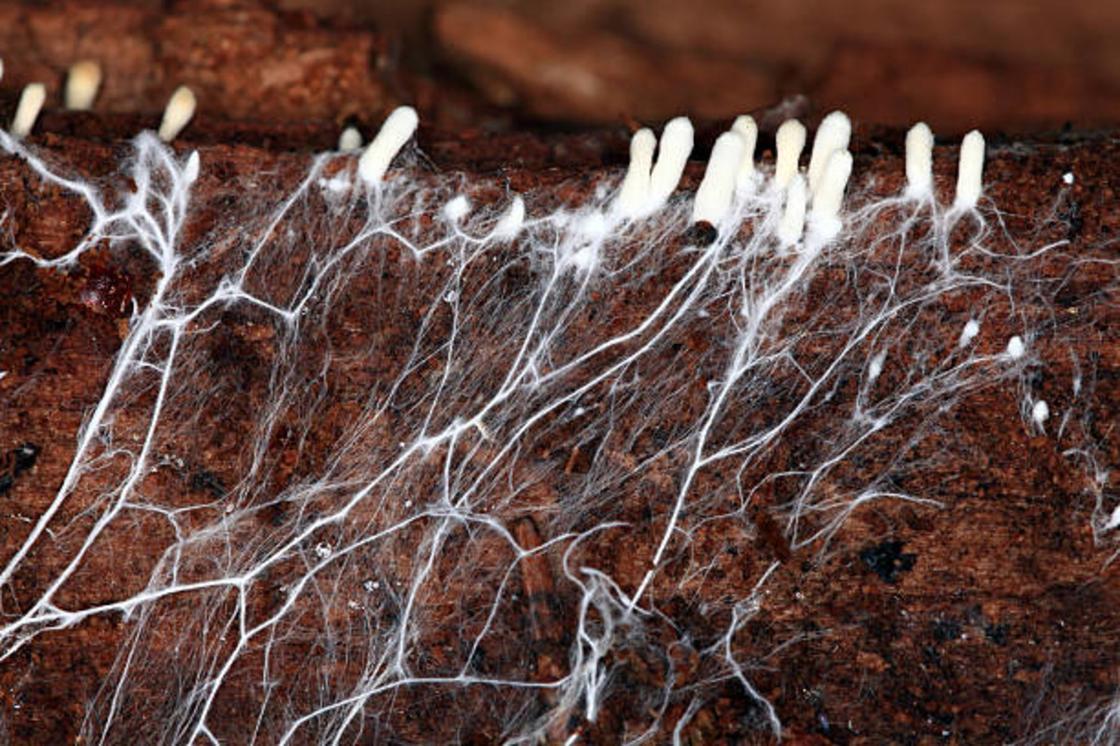Mycelium Market: How Fungi Are Empowering Eco-Conscious Consumers
The mycelium market has witnessed remarkable growth in recent years, driven by innovations that span industries as diverse as food, construction, fashion, and even biotechnology. Mycelium, the root-like structure of fungi, has long been recognized for its natural role in ecosystems, but recent advancements have elevated it from a mere biological process to a versatile, eco-friendly material with tremendous commercial potential.

Sustainability at the Core
At the heart of mycelium innovations is its sustainability. Mycelium-based products are biodegradable, non-toxic, and require fewer resources to produce compared to traditional materials. This has caught the attention of industries looking to reduce their environmental footprints. One of the most exciting developments is in packaging. Mycelium’s natural growth process allows it to be molded into a variety of shapes, making it an ideal alternative to plastic. Companies like Ecovative Design and MycoWorks are leading the charge in producing mycelium-based packaging solutions that are strong, lightweight, and completely compostable. As the world grapples with growing concerns about plastic waste, mycelium-based packaging provides an eco-friendly alternative that could transform how goods are packaged globally.
Food and Beverage: A Protein Revolution
The food sector is another area where mycelium is making waves. As the global population continues to grow, the demand for sustainable, protein-rich food sources has increased. Mycelium-based products, particularly those developed by companies like Atlast Food Co. and Mushlabs, offer a plant-based protein source that mimics the texture of meat. Mycelium’s unique structure makes it ideal for creating plant-based meats that are not only nutritious but also more environmentally friendly than traditional livestock farming. These innovations are addressing the growing need for alternative protein sources while reducing the carbon footprint associated with meat production.
Additionally, mycelium’s ability to grow rapidly and efficiently makes it a sustainable food source. It can thrive on organic waste, converting these materials into edible, protein-rich food, creating a closed-loop system that minimizes resource use and waste. This efficiency positions mycelium as a potential game-changer in tackling food insecurity while addressing the need for sustainability in agriculture.
Construction and Materials: Building with Nature
Another key innovation within the mycelium market is its use in construction materials. Mycelium’s ability to form strong, lightweight structures has led to its application in building materials such as bricks, insulation, and even furniture. Mycelium-based materials are not only biodegradable but also highly durable, offering a potential solution for sustainable construction that reduces dependence on concrete and other resource-intensive materials.
The use of mycelium as a construction material is still in its infancy, but early results are promising. Mycelium bricks are currently being tested for their ability to insulate and maintain structural integrity over time. The potential for these materials to replace environmentally damaging substances, such as plastic and concrete, makes mycelium a promising alternative that aligns with the growing trend of green architecture and eco-friendly building practices.
Fashion and Textiles: A New Era of Sustainable Fashion
The fashion industry is another sector where mycelium’s innovation is taking off. Mycelium leather is becoming an increasingly popular alternative to traditional animal leather due to its durability, flexibility, and sustainability. Companies like Bolt Threads and MycoWorks are at the forefront of developing mycelium-based textiles, which can be used to create a wide range of products, from shoes to handbags to jackets.
Unlike conventional leather production, which involves harmful chemicals and significant environmental impact, mycelium leather is created through a natural, low-energy process. It requires no animals to be harmed, and its production has a much smaller environmental footprint, making it a key player in the shift toward ethical fashion. As consumer demand for sustainable products increases, mycelium-based textiles are poised to redefine what it means to be eco-conscious in the fashion industry.
Biotechnology: Harnessing Mycelium for Health and Medicine
In biotechnology, mycelium is gaining attention for its potential use in health and medical applications. Researchers are exploring mycelium’s ability to decompose toxic waste, purify water, and even produce bioactive compounds that could be used in pharmaceuticals. Mycelium has also been studied for its potential in promoting gut health, as certain strains contain prebiotics and other beneficial compounds.
One particularly exciting avenue is mycelium’s ability to act as a natural filter for water purification. Mycelium’s porous structure can capture pollutants and toxins, which could provide a low-cost solution for cleaning contaminated water in developing regions. Additionally, its ability to break down environmental pollutants has led to experiments in using mycelium for bioremediation, helping restore contaminated ecosystems.
Conclusion
The mycelium market is at the forefront of a new wave of innovation across a variety of sectors. From sustainable packaging and plant-based proteins to green construction and fashion, mycelium is proving to be a versatile and eco-friendly material with immense potential. As the world continues to focus on sustainability and reducing its environmental impact, mycelium could very well be the key to unlocking a more sustainable future for multiple industries. The innovations currently taking place in the mycelium market are only the beginning, and the future looks incredibly promising for this natural, sustainable resource.
- Art
- Causes
- Crafts
- Dance
- Drinks
- Film
- Fitness
- Food
- Juegos
- Gardening
- Health
- Home
- Literature
- Music
- Networking
- Other
- Party
- Religion
- Shopping
- Sports
- Theater
- Wellness


